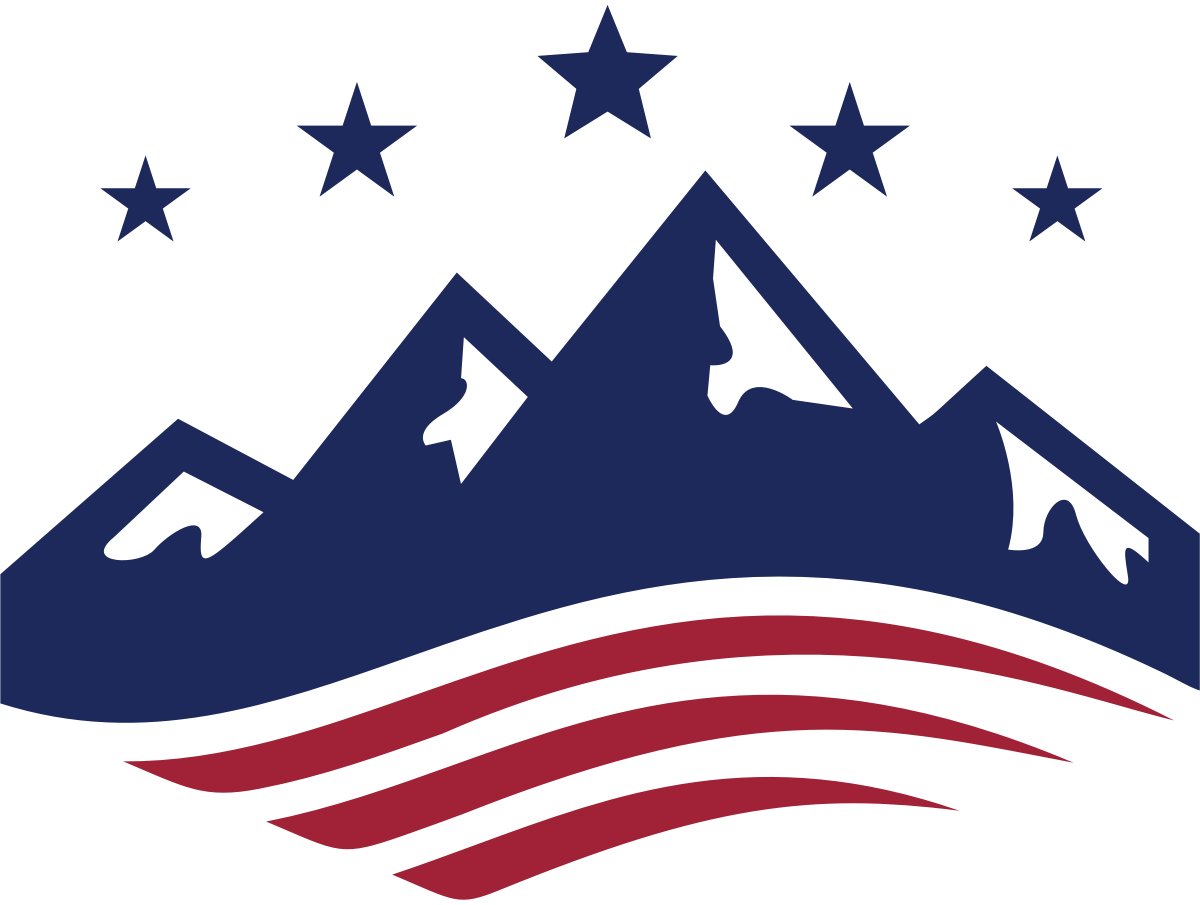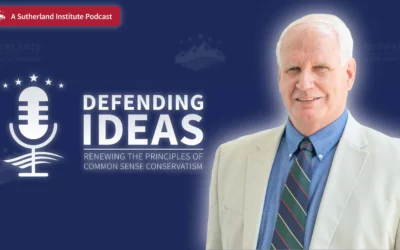
Written by William C. Duncan
June 7, 2023

James G. Blaine was a prominent politician of the late 19th century. He served in Congress representing Maine, eventually serving as speaker of the House. After two tries, he was nominated as the Republican presidential candidate in 1884, only to lose to Grover Cleveland.
Today, though, Blaine is remembered as the namesake of Blaine Amendments. These are laws that prohibit using public funding to support religious schools. Blaine sponsored federal legislation with this intent that was unsuccessful, but a number of states enacted such policies in state laws and constitutions, some as a condition of being admitted into the United States.
Evidence suggests – and the U.S. Supreme Court has noted – that the motivations for these laws included prejudice against Catholic schools. At the time these laws were passed, public schools typically included Protestant teaching in their curriculum, and many considered recent immigrants’ Catholic faith suspect. The Blaine Amendments, it was believed, could protect the Protestant education monopoly and discourage an unfamiliar religion.
Even today, Blaine Amendments have created serious obstacles to religious freedom. States have relied on them to keep religious parents from using scholarships at religious schools or to keep religious schools from participating in government programs that are open to other private schools.
The Supreme Court has begun to address this problem in recent years. The court struck down laws in Montana and Maine that prevented families from using state scholarship funds at religious schools. A Missouri law that barred religious schools from receiving playground safety grants available to all other public and private schools was similarly struck down. The court has thus established the principle that governments cannot single out religious practices for disfavored treatment by preventing them from accessing benefits available to other private individuals and organizations who are not acting on religious belief.
That does not mean that type of treatment has ended, as an ongoing case in Minnesota demonstrates.
Minnesota has a policy called the Postsecondary Enrollment Options (PSEO) program. It allows high schoolers to take college classes, with the state board of education reimbursing the college for the students’ participation. The Loe family home-schooled their children, and two of them had benefited from this program: one child getting credit through Crown College and another through University of Northwestern St. Paul. Their third child wants to study nursing through classes at Northwestern, one of the largest providers of PSEO for the state. A key advantage of these schools, for the Loes and other families, is that the schools intentionally nurture a community of faith by ensuring that students accept the religious beliefs that animate the schools.
Schools that create faith communities can provide a powerful sense of belonging to students and act as a protection to the mental and emotional well-being of students.
But the Loes’ hopes for their younger children are facing a new barrier. Last month, the Minnesota Legislature passed legislation that created new restrictions on who can participate in the PSEO program: “An eligible institution must not require a faith statement from a secondary student seeking to enroll … or base any part of the admission decision on a student’s … religious beliefs or affiliations.” As the attorneys for the parents note, this new provision singled out a particular religious practice – building a community of faith – and created a targeted disadvantage for colleges and universities who practiced it.
So, represented by the Becket Fund for Religious Liberty, a group of parents and the two religious schools are challenging the new law in federal court. In their complaint, the plaintiffs note that the legislators were aware that the new law would impact plaintiffs and that legislators openly expressed opposition to the religious practice of creating communities of faith by requiring a “faith statement” from students.
This lawsuit could have important implications for other states. Becket is representing families in California who are being excluded from a federal-state program meant to ensure children with disabilities receive appropriate educational opportunities. According to the families, this reason for this exclusion is that they want their children to receive education that integrates their Jewish faith.
The examples in Minnesota and California demonstrate that some states are taking a while to get the message that singling out religion for disfavor or denial of equal rights is inconsistent with the Constitution. Ideally, legislators will act proactively to reduce religious freedom conflicts. When they do not, lawsuits like the one in Minnesota are the only protection remaining.

Insights: analysis, research, and informed commentary from Sutherland experts. For elected officials and public policy professionals.

- The Supreme Court has made it clear that the Constitution does not allow governments to single out religious practice for disfavored treatment.
- Parents are challenging a Minnesota law that excludes them from a concurrent enrollment program because they want to enroll in religious universities.
- Legislators should act to prevent policies that penalize religious exercise – but when they do not, courts often have to intervene.
Read More
Protecting property rights against government overreach
While governments can continue to regulate land use, these regulations and fees must be justified by a government interest and proportional to the effect of the development’s impact on that interest.
Do we need to care about the Utah State Board of Education?
For any Utah voters who also feel like K-12 public education is headed in the wrong direction, learning about the candidates running for a seat on the Utah State Board of Education (USBE) is a wise choice this election season.
Defending education choice the right way
Education choice has exploded in popularity across the nation in recent years. So why does it remain a contentious point of debate in some parts of the country?


